π-HuB
The Proteomic Navigator of the Human Body

What's π-HuB?

That is to advance proteomic technologies, developing standardized workflow SOPs, and ensuring the technical standardization.
Learn more
That is to use multi-modal proteomic technologies to generate single-cell (type) resolution atlases of all major human organs of different races (e.g., Negroid, Mongoloid, Australoid).
Learn more
That is to trace the proteomic trajectory of human reproduction, development, growth, and aging by quantifying dynamic changes in the proteomes of the five major prebiotic cycles (e.g., gametogenesis, fertilization, embryonic development, fetal development, and delivery) and the five major postbiotic cycles (e.g., adolescence, puberty, gestation, menopause, and old age).
Learn more
That is to analyze the effects of four major dietary nutrition patterns (i.e., Western, subsistence, Japanese, and Mediterranean) on the human proteome in the corresponding populations.
Learn more
That is to map the proteomes of populations in six major ecological environments (e.g., hot/warm/cold climate, arid, polar/highland climate), and analyze the trajectory of human proteome to habitat patterns-perception-response-acclimatization-adaptation.
Learn more
That is to map the human microbiome from internal and external environment and its interaction with human proteome, and to construct the adaptation trajectory of human proteome under the symbiotic mode.
Learn more
That is to map the proteomes of various complex diseases (e.g., malignant tumors, cardiovascular diseases, neurodegenerative diseases, metabolic diseases, infectious diseases, etc.) at different stages of life, and to construct the proteomic evolutionary trajectories of the occurrence and development of these diseases and their association pathways with specific life stages, life states, and survival conditions.
Learn more
That will be responsible for the construction of computing platforms and software platforms for subsequent data analysis and knowledge discovery to build a data processing channel from “data to information”.
Learn more
That aims to develop cutting-edge algorithms and seamless informatic pipelines to reconstruct of the Meta-Homo Sapiens model.
Learn more
That is accelerate the discovery and development of intervention and therapeutic strategies for proteomics-driven phronesis medicine.
Learn more
Funded by the Minister of Science and Technology of China, ~40 teams of proteomics researchers worldwide came together in 2020 to brainstorm future HPP projects. We have since established several multi-disciplinary working groups, organized numerous on-site meetings or webinars, and communicated with government and private funders. These fruitful discussions then allowed us to propose an ambitious project called the π-HuB (The Proteomic Navigator of the Human Body).



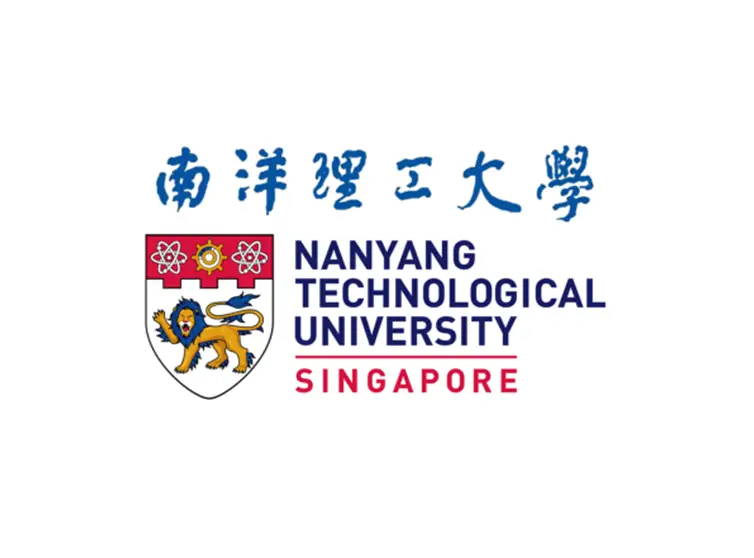




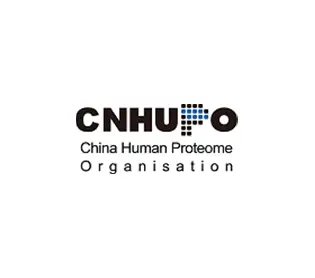


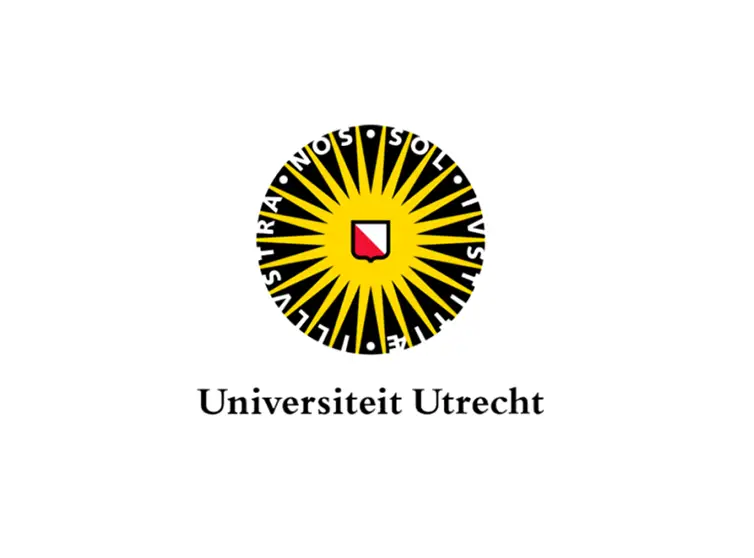
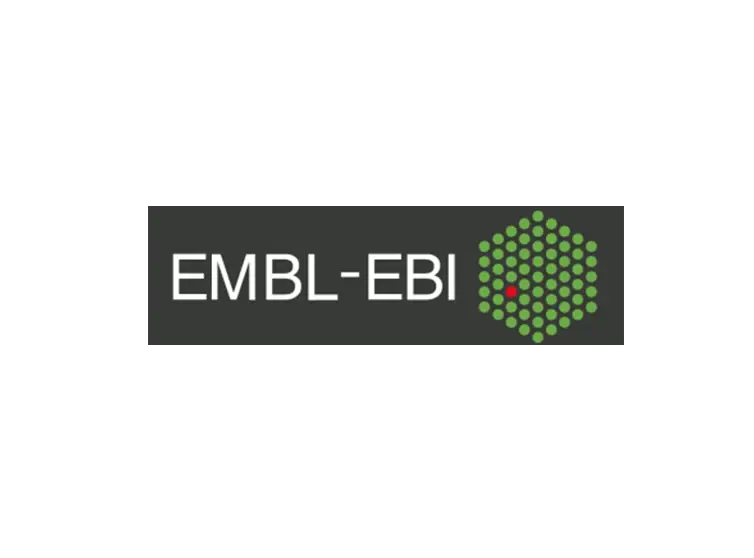
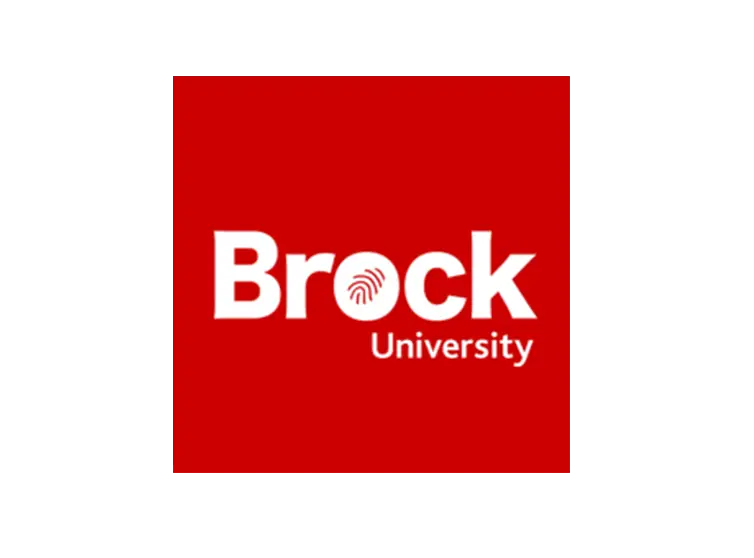

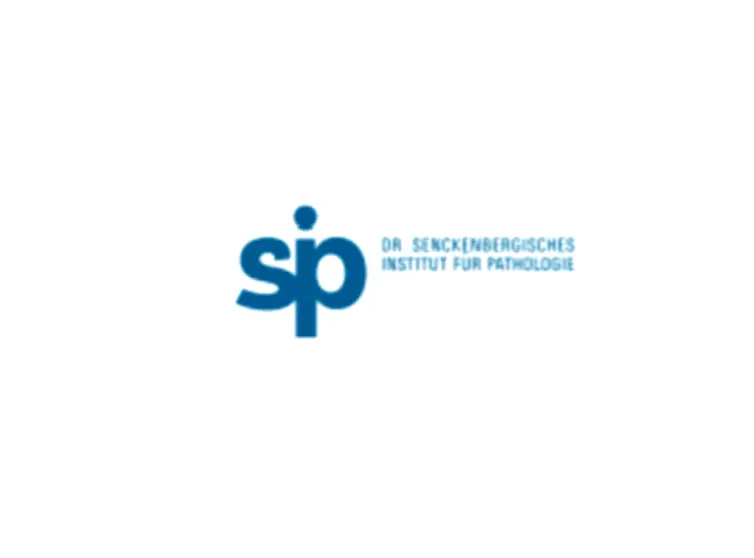



We use cookies to personalize and enhance your browsing experience on our website. By clicking "Accept All", you agree to use cookies. You can read our Cookie Policy for more information.